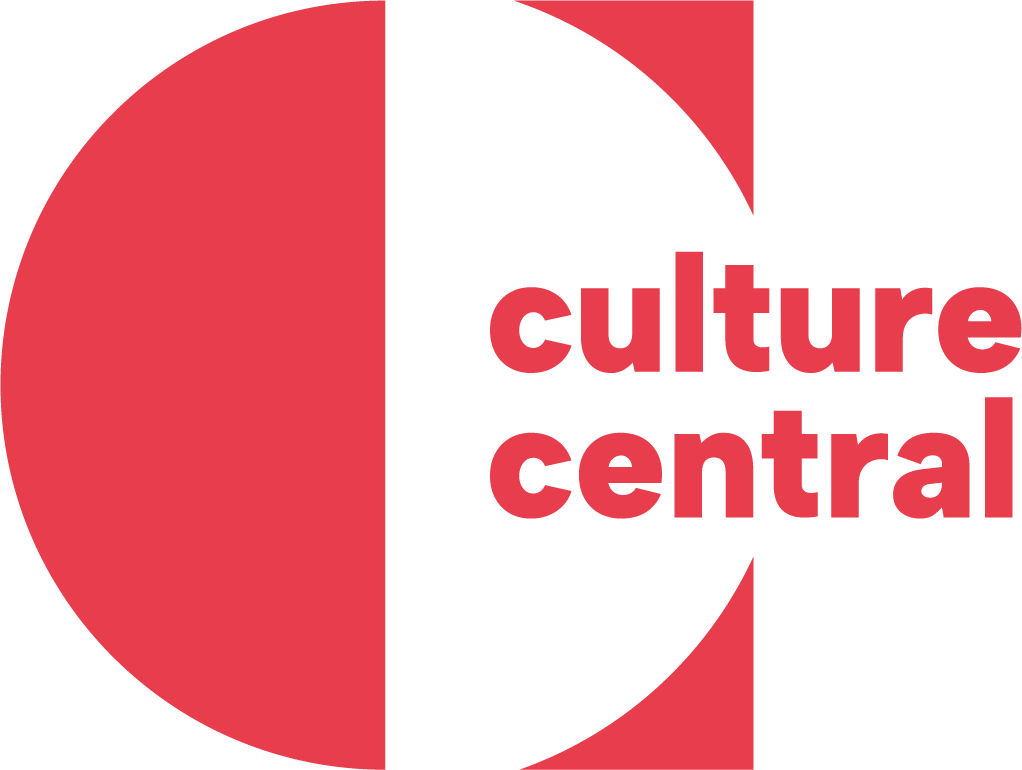‘What do you do all day?’ Freelancer Research - University of Warwick & Culture Central Partnership
Dr Anthony Ruck - Deputy CEO - Strategy & Policy
Back in early 2020 at the beginning of the pandemic, Culture Central tried something new, the West Midlands Cultural Response Unit (WMCRU). WMCRU was an action-orientated, sector led response to the Covid-19 crisis, intended to ensure the visibility, viability and recovery of the Cultural Sector in the West Midlands, and was led by and for the whole cultural ecology of the region. WMCRU became a space to share knowledge, practice, new ways of working and advocacy for all those involved in Culture. Crucial to its structure was that ‘everyone was invited’ and organisations of all sizes, artists, and freelancers were all part of the collective.
Since this time, the importance and role of freelancers in the cultural sector has become more visible, although they are often a hidden part of the picture that make up a significant proportion of the workforce. Building on the work of WMCRU, we’ve also been working to develop and support cultural sector freelancers working in the region, taking part in a Creative Industries workshop, hosted jointly by The University of Warwick and TUC Midlands and later through the Birmingham 2022 Festival sector development programme with a series of freelancer networks and freelancer development programme, targeted at those traditionally excluded from careers in the cultural sector.
We know that there is a lot of excellent support out there for freelancers at the moment like people make it work’s ‘Freelance Futures’, as well as lots of great research like ‘Mind the Understanding Gap’ by Creative United, but we wanted to understand more about the actual day to day experiences of freelancers working in the West Midlands, and we’ve partnered with the Centre for Cultural and Media Policy Studies at the University of Warwick to ask freelancers ‘What do you do all day’?
We know that freelance work can be precarious, underpaid, and sits alongside other work and caring responsibilities; as well as being a space of flexibility and creativity for many. We put a call out for six freelancers to understand more about how creative freelancers spend their time, and how the working day blurs between creative and ‘uncreative’, between ‘productive’ and ‘unproductive’ time. Our aim is to make the lived experience of creative workers more visible to funders, policymakers and other stakeholders and to understand more about freelancers in the West Midlands ahead of a workforce audit and ten year strategy that we are currently working on.
Out of 140 freelancers that applied, we have chosen six who represent a broad mix of people that work in culture in the region. Each freelancer is paid to capture photographs and video clips of their working day, to fill in a simple daily time sheet, and to be interviewed by a member of the research team. After this they’ll be coming together with the research team to anaylse the findings and themes that emerge from their experiences. We’ll explore how they spend their time, the pressures of maintaining a creative practice and earning, and the emotional experience of creative work. You can find out more about the freelancers we are working with below:
This research is led by the Centre for Cultural and Media Policy studies at the University of Warwick and supported as part of Warwick's Productivity and Futures of Work Global Research Priority.






